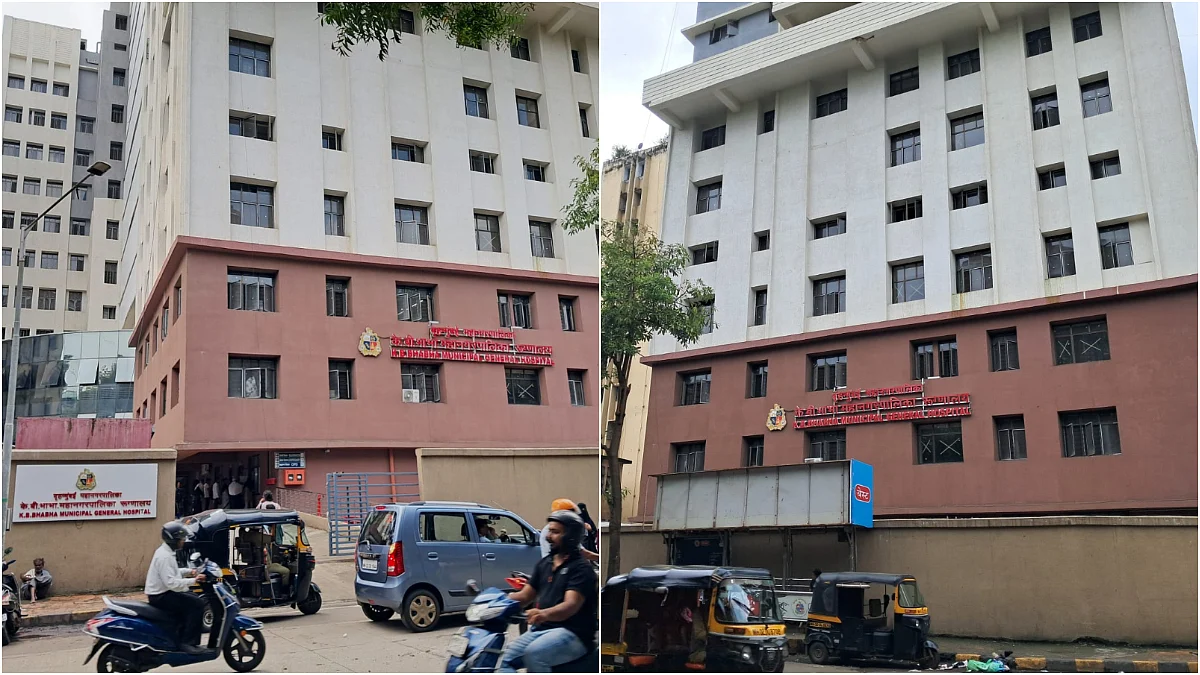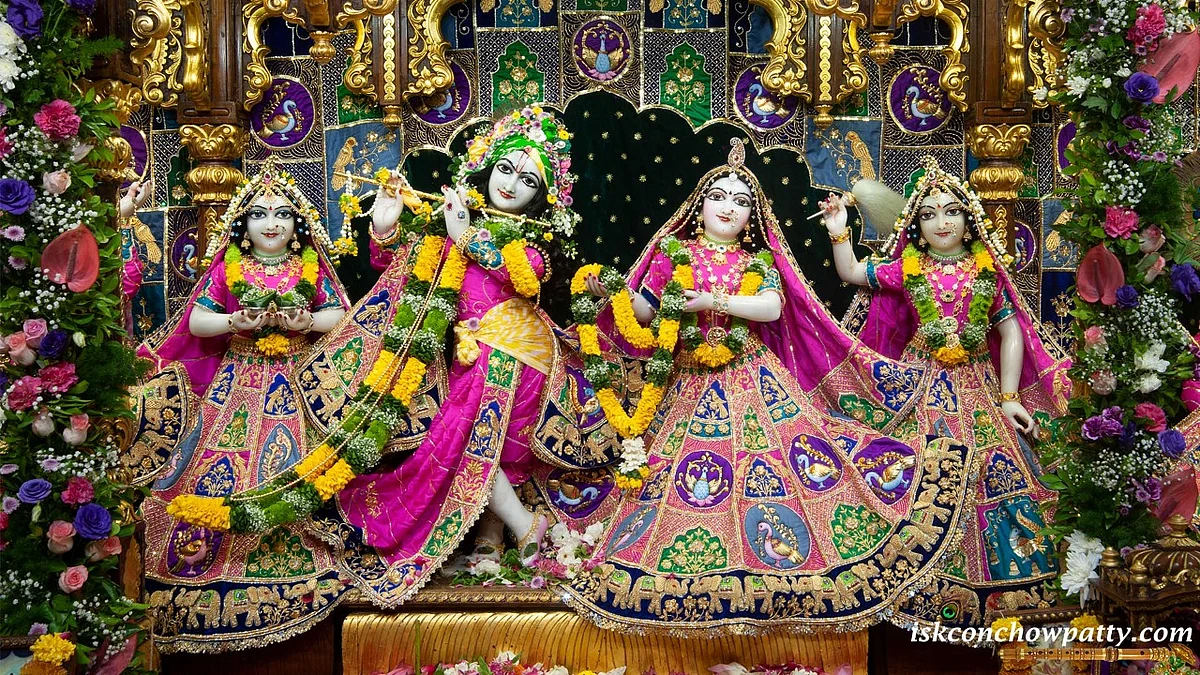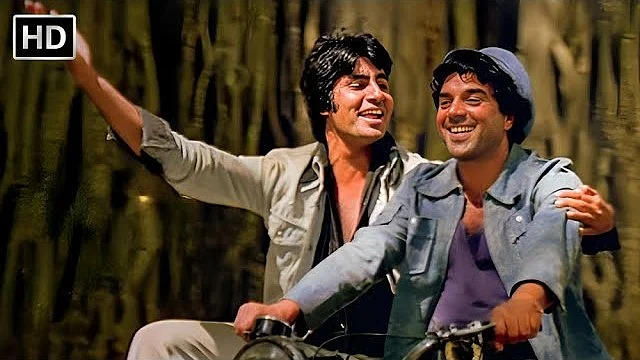Can the rule of law be partisan and exclusionary? Can the basic ethos of modern-day democracy, which mandates the state to treat every citizen equally, be violated with impunity? What happens if the concept of equality is shredded to pieces? Much before the French Revolution, the founding fathers of American democracy decided that no difference can be made by the state between its citizens — this is sacrosanct, and it is assumed that if this is allowed to run unchecked then the democracy will either slip into dictatorship or people will revolt. In America, The Declaration of Independence says, “We hold these truths to be self-evident, that all men are created equal, that they are endowed by their creator with certain unalienable rights, that among these are life, liberty and pursuit of happiness.” Tony Williams writes, “The ‘self-evident truth’ of human equality meant that humans had equal natural rights, equally gave their consent to create a republican government, had equal dignity, and were equal under the law.”
Though the critics of the American Constitution would say that The Declaration of Independence was not meant for the Blacks and slaves. Abraham Lincoln had to fight a civil war to abolish the slavery system, but it was Martin Luther King Junior who fought and had to sacrifice his life to attain the right of equality for Blacks in the 1960s. Now the Afro-American people legally cannot be discriminated against by the state. We in India, were lucky that our founding fathers had the courage and foresight to integrate the concept of equality in the Constitution and with one stroke of the pen, a society which had ingrained inequality for thousands of years in its psyche, which Babasaheb Ambedkar has called the ‘graded inequality’, was abolished in legal parlance. Everyone became equal in the eyes of law, and nobody could be discriminated against by law. But in the last few years, a dangerous trend has surfaced. The state has become discriminatory. It has a different yardstick for different citizens. Those who are aligned with the state can break laws and the state will look the other way, whereas those who dare to question the state will face its wrath. Two incidents in the last few days are enough to illustrate this point.
Women wrestlers are sitting on dharna at Jantar Mantar in Delhi. They have been demanding that the President of the Wrestling Federation of India, Brij Bhushan Sharan Singh, should be punished by law as he has been allegedly sexually harassing female wrestlers. They have filed seven complaints and have demanded Singh’s immediate arrest, but Delhi police say that an FIR would be lodged only after examining the complaints. Singh is an MP and belongs to the BJP. The police have said that they will first confirm the veracity of the complaints. It is noteworthy that this is the second time these wrestlers have hit Jantar Mantar in three months. In the month of January when they sat on dharna and demanded action against Singh, then a committee was formed to investigate the matter, and has given a report that till now has not been made public.
Those who are sitting on dharna are wrestlers of international repute who have earned medals for the country. But the government is unmoved. On one hand, the Assam police had the alacrity to fly down from Guwahati to Bengaluru to merely paste a notice at Youth Congress President B V Srinivas’s place to appear before the police for questioning. A woman activist of the Congress had alleged last week that Srinivas had been harassing her for the last six months. The Congress believes that the complaint is false and that she has accused Srinivas for some ulterior motive, and the party has suspended her from its primary membership. What is the truth, nobody knows. But the discriminatory approach of the police is stark. On the wrestlers' complaint, the police have been unresponsive for months whereas with Srinivas, the police is in a hurry to take action.
The other incident is related to PM Modi and Karnataka BJP leader K Eshwarappa who has been denied a ticket this time by the BJP to contest the assembly election. The Prime Minister spoke to him on the phone and praised his loyalty to the party. He appreciated that despite not getting a ticket, Eshwarappa was working for the party and did not leave like a few of his ex-colleagues. Eshwarappa is one of the top leaders of the BJP in Karnataka. He was accused of corruption when he was rural development minister in the Bommai government. A civil contractor, Santosh Patil has accused Eshwarappa along with two of his assistants had demanded a bribe of 4 crores to clear his pending bills. Santosh Patil later committed suicide. He has written the same in his suicide note and sent it to different media outlets. Eshwarappa denied these charges. He was asked to resign. Later, the CID — working under the BJP government — gave him a clean chit.
Eshwarappa should thank his stars that he is with the BJP. If he had been with any Opposition government, by now he would have been struggling to get bail from the court like many senior leaders of Opposition parties. No party in Opposition has been spared by the investigating agencies. NCP’s Anil Deshmukh spent more than a year in jail. His cabinet colleague Nawab Malik is still languishing. Sanjay Raut of Shiv Sena (Udhav Thackeray) spent three months there too. In Delhi the deputy CM Manish Sisodia and his cabinet colleague Satyendra Jain are in Tihar. Many leaders, MLAs and Ministers of Trinamool Congress have met the same fate. DK Shivakumar of the Congress has also been to jail. The list is endless. And those who did not go to prison have either been raided or interrogated for hours by CBI, ED and other agencies, and have had to seek anticipatory bail to avoid arrest.
In a democracy, the rule of law is paramount. Government agencies can’t discriminate between citizens. The law is the same for everyone, whether one is with the government or with the opposition or he or she is a common man or woman. The Opposition has every right to be angry because the very same agencies are not touching anyone who, though accused of wrongdoings, belongs to the BJP or its affiliates. If one belongs to the BJP, then one can have a free run and sleep well in the night, as a BJP leader said a few years back. But the story does not end here. It is more curious. When anyone who is accused of some serious offence switches sides and joined the BJP, they are now ignored by the same agencies who had been hounding them earlier, like Suvendu Adhikari in West Bengal and Himanta Biswa Sarma, the chief minister of Assam.
It is rather sad when the prime minister exhorts central agencies to not spare anyone indulging in corruption, irrespective of the position he or she holds, because his words are hollow and it means that agencies have been given the license to act only against those who oppose the government. This is a clear violation of the cardinal principle of rule of law. And this is frightening. Babasaheb Ambedkar in his final speech in the Constituent Assembly had said, “Without equality, liberty would produce the supremacy of the few over the many.” In the end he concluded, “Let us not forget this independence has thrown on us great responsibilities. By independence, we have lost the excuse of blaming the British for anything going wrong. If hereafter things go wrong, we will have nobody to blame. Except ourselves.”
Of course, India needs a powerful government but more than that it needs a responsible government.
The writer is Editor, SatyaHindi.com, and author of Hindu Rashtra. He tweets at @ashutosh83B










